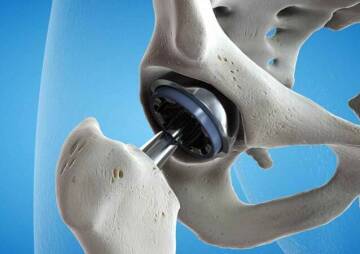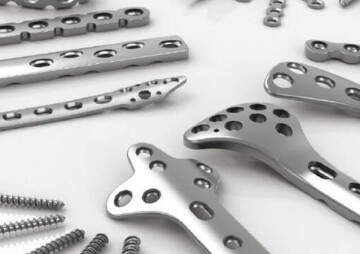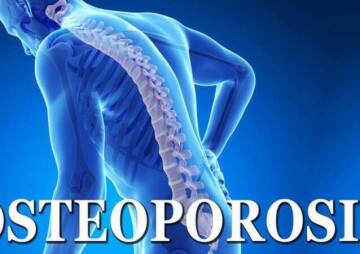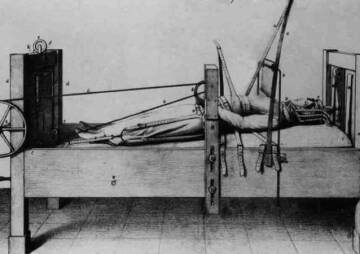-
فئة
Craniomaxillofacial Surgery
Orthopedic Surgery
Spine Surgery
Orthopedic Implants
Hip Surgery
Knee Surgery
Pectus Excavatum
Bone Graft
Disinfectants
Healthcare
Is Implant Removal Necessary For Orthopedic Patients?

Orthopedic Implant removal surgery, while making life easier for patients, also has risks. As a result, physicians prefer to perform this procedure in cases of discomfort, infection, or other issues at the implant site
Today, various implants are commonly used in orthopedic surgery to fix joint and bone problems. These implants are designed to have no side effects on patients, allowing them to live normally. However, just as implant placement is prevalent, implant removal is also common. Orthopedists say implant removal surgery has become one of the most common orthopedic surgeries in the past decade. This operation accounts for 30% of all elective orthopedic procedures. But why is it so common? There are many reasons that persuade patients to have implant removal surgery. This surgery can be performed for various purposes, ranging from cultural and religious traditions to urgent medical complications. But did you know that implant removal surgery is a complicated procedure with a low success rate? This article will explain implant removal surgery's meaning and everything you need to know about it.
Indications For Implant Removal
Bone plates and screws, intramedullary nails, and pins are all examples of implants that are used to reconstruct an injured joint, fix a fractured bone, or alter the skeletal alignment. Implants can appear to hasten the healing process of a broken bone, but this is not the case. They fix and stabilize bones in the proper position so that the bone can be healed appropriately. Some people claim that if their ortho issues are entirely gone, they no longer need an implant and that it can be removed. However, orthopedic surgeons do not think so and say that the patient's condition and the need for implant removal should be evaluated. Various indications for implant removal help doctors consider the necessity of this operation.
Interestingly, the most common indication relates to people's religious beliefs. Some believe that the implant is a foreign body that must be removed. However, this belief cannot be a reasonable reason for performing such a complex operation. Doctors say that we try to perform orthopedic implant removal surgery if the following absolute symptoms appear:
- Perioperative implant placement failure;
- Metal irritation with pain and pressure at the insertion site;
- Displacement of the implant that leads to its prominence and visibility;
- Nonstable fixations or loosening;
- Allergic reaction to implant materials, which are usually metal or plastic;
- Implant fracture as a result of an accident or other reasons;
- Infection at the implant site, which can be very dangerous;
- Tendonitis, bursitis, or local complications caused by a prominent implant;
- Rubbing of the metal implant under the skin
- Exposing the implant in the oral cavity;
- Pain at the implant site, which is very uncomfortable for patients;
- Implant protrusion or insertion into a joint due to implant displacement;
- Uses of external fixator
- Uses of K-Wires
Doctors believe that removing orthopedic hardware can be pleasant for patients but can have dangerous side effects if they do not have symptomatic indications. Studies show that the most common indicators necessitating implant removal are pain, infection, hardware failure, and implant prominence. This operation dramatically reduces the discomfort at the implant site ( 96% of patients described less pain after the operation ), but when the pain is general, the success rate of surgery in reducing pain is somewhat low. That's why orthopedic surgeons try to perform ortho hardware removal surgery in an emergency.
Orthopedic Implant Removal Surgery Procedures

The difficulty of the implant removal surgery procedure is one of the major factors preventing surgeons from performing this operation. To remove the implant from different parts of the body, the surgeon must penetrate deep into the tissue, as bone and soft tissue surround the implant over time. The surgical wound is so deep that it may take months to heal and may even necessitate secondary surgery to correct the scar after implant removal surgery. Furthermore, after the implant is removed, the bones weaken and easily fractured by even the slightest blow. Aside from the complications of removing orthopedic hardware, the cost of this procedure is pretty high for both patients and hospitals. Additionally, others speculated on the impact of post-operative absence from work on a society's workforce without measuring this burden in detail. However, implant removal should be considered a necessary process in children because implants can sometimes interfere with standard growth patterns.
Orthopedic Implant Removal Surgery Complications
Another significant problem that physicians are reluctant to perform ortho-implant removal surgery is post-operative complications. Some claim that this procedure is a bit complicated and risky in terms of the age and general health of the patient compared to the ortho implant placement operation. According to various research findings, complication rates of orthopedic implant removal are heterogeneous, ranging from 0% to 40%. For example, the incidence of radial palmar plate osteosynthesis complications is estimated to be less than 5% and up to 27%, but approximately 1.6% for other common operations following standard knee arthroscopy (source). The findings of Georg Reith et al. Show that wound healing problems occur more frequently (36%) than other complications. Examples of possible complications of implant removal surgery include:
- Impairment of wound healing;
- Post-operative re-fracture;
- Tissue and nerve damage;
- A severe wound infection that can be a serious threat to the patient;
- Reaction to anesthesia in people with some physiological issues;
- Post-operative bleeding;
- Joint stiffness;
- Deep venous thrombosis/pulmonary embolism;
- An incomplete removal.
According to doctors, the chance of complications after implant removal is higher than that of other operations. These complications can differ depending on the type of implant being removed, as well as the patient's general condition and health.
Plate Removal Surgery- Recovery Time
Experts recommend that the recovery period after orthopedic hardware removal surgery be essential to reduce the possibility of complications. If you can perform the post-operative care properly and under the doctor's supervision, you will resume your normal life as soon as possible. Here is some important post-operative care you should consider during the recovery time of implant removal.
- The sutures are covered with a small bandage that you should not replace until two weeks after surgery;
- Avoid taking a shower for two to three days after surgery;
- For the next six weeks, do not apply any lotions or creams to the wound; this can cause an infection.
- Be sure to take the prescribed medications;
- Do not go to work for two weeks for initial recovery;
- Sedentary work is advised for the first 2-4 weeks;
- For the first two weeks after surgery, it is common to feel mild to moderate pain, numbness, or tingling;
- The swelling in the treated area will remain for six months;
- In 6 months, you should be fully recovered (no pain, no swelling, ability to walk, etc.).
To Sum Up
Orthopedic implant removal surgery is a complex and dangerous procedure, but it reduces discomfort, makes activity easier, and makes the patient feel better overall. Doctors postpone this operation until there is a clear indication because they believe that an uncomplicated implant can remain in the body for years. If you do not have any problems with your implant, try not to undergo this surgery. Let your doctor decide to remove the implant based on your physical condition.






